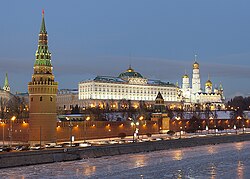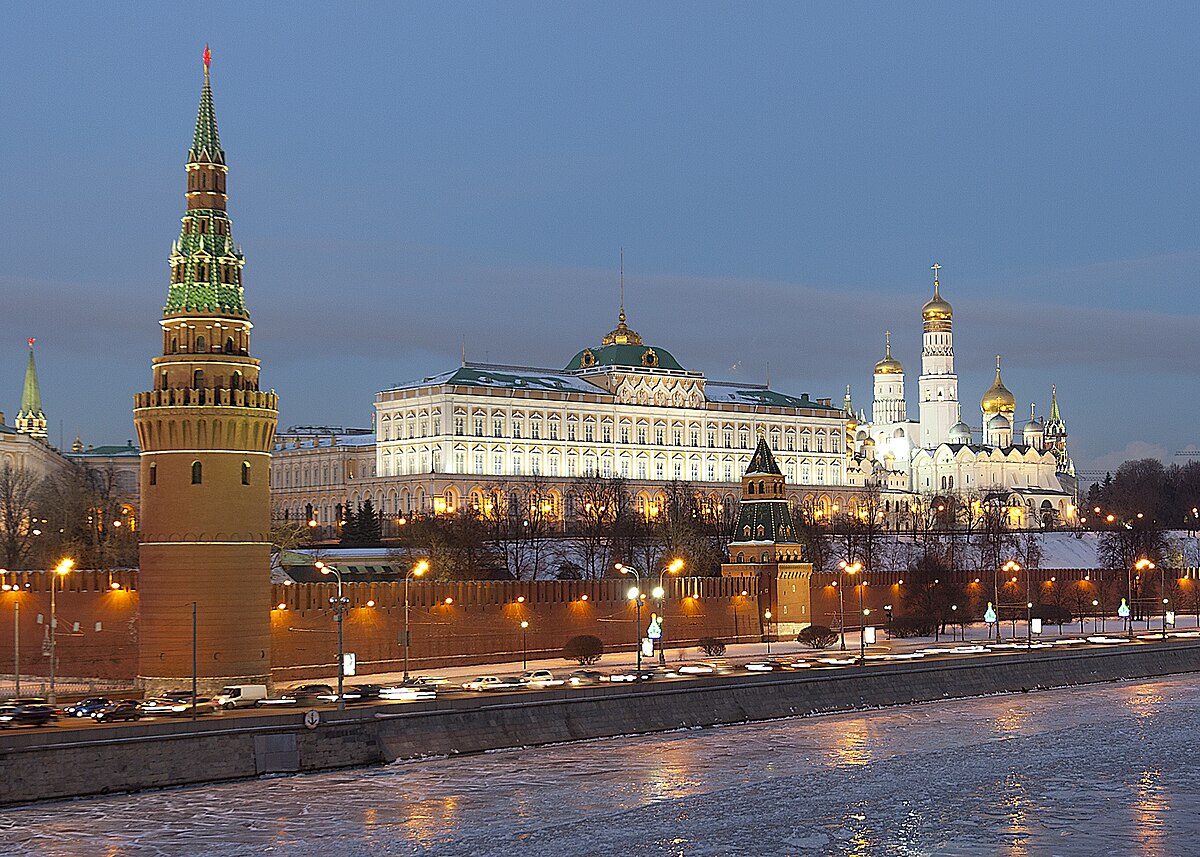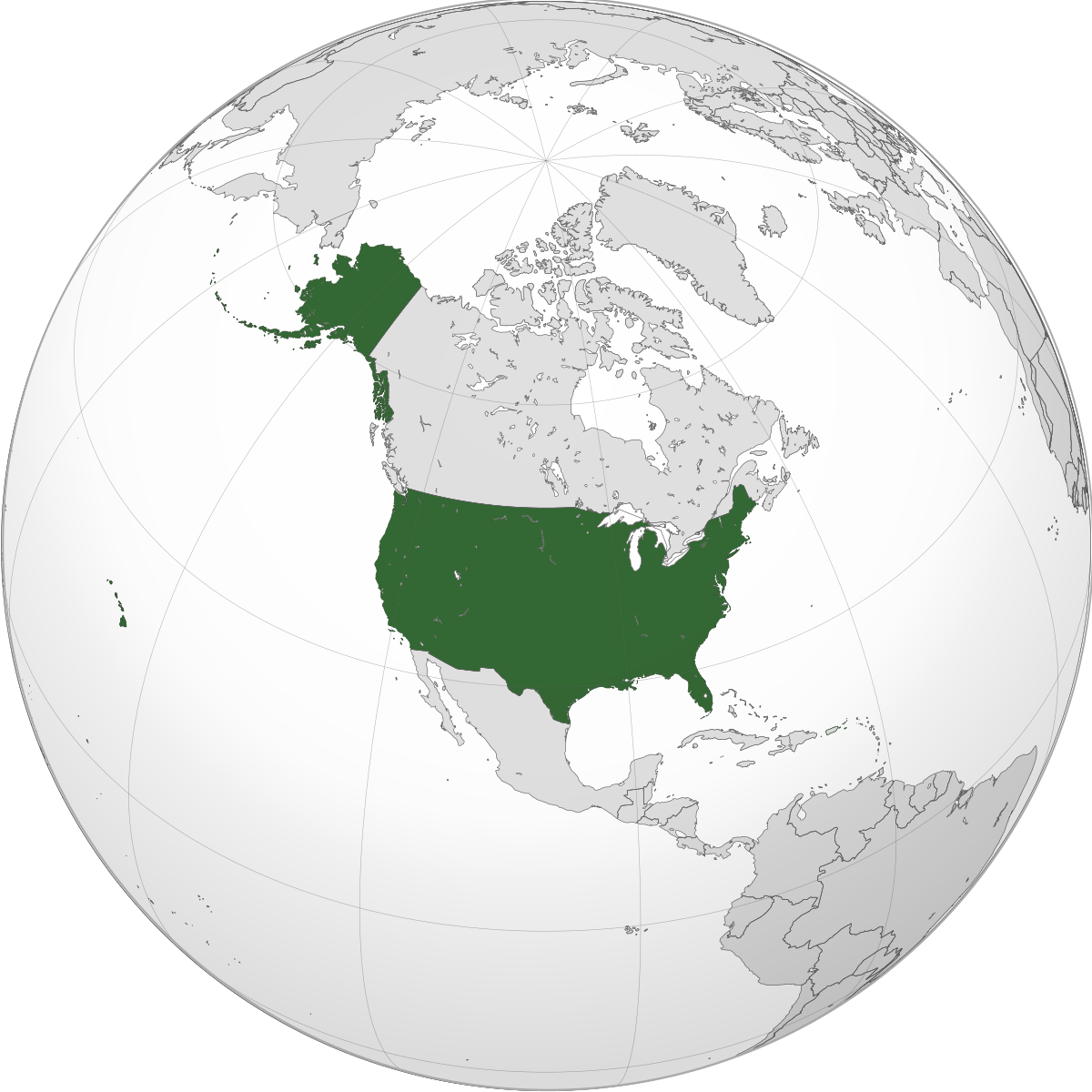|
This article requires pre-publication review by an uninvolved reviewer (one not substantially involved in writing the article). [1] Article last amended: Oct 15 at 10:27:47 UTC (history) |
| This article requires pre-publication review by an uninvolved reviewer (one not substantially involved in writing the article).
[2] Article last amended: Oct 15 at 10:27:47 UTC (history) |
Wednesday, October 15, 2025
Russia–Arab summit postponed after poor attendance; analysts cite waning influence

The Kremlin has postponed the planned Russia–Arab World Summit, which was due to take place in Moscow on October 15, 2025, after only a few Arab leaders confirmed participation. The meeting, aimed at boosting cooperation on security, energy, and post-war reconstruction, has been delayed indefinitely.
Limited participation from Arab leaders
[edit]
According to Russian officials, invitations were sent to all 22 members of the Arab League. However, only a handful — including Syrian President Ahmed al-Sharaa and the Arab League Secretary-General — agreed to attend. Major regional powers such as Saudi Arabia, Egypt, and the United Arab Emirates either declined or did not confirm their participation.
The postponement came as the United States led a separate peace initiative in Egypt, focused on consolidating the Gaza ceasefire and planning post-conflict reconstruction. Analysts suggest that the overlap of events may have encouraged many Arab governments to engage with Washington’s process instead.
Official explanation and analysis
[edit]
Kremlin spokespersons described the delay as a “strategic decision” meant to avoid clashes with other diplomatic efforts, particularly those related to the Gaza peace process.
However, observers and regional experts believe the move reflects a decline in enthusiasm for Russia’s regional diplomacy.
A Kremlin adviser, Yuri Ushakov, told reporters that the summit might be rescheduled in November 2025 if “appropriate conditions and high-level participation” are ensured.
Analysts call it a diplomatic setback
[edit]
Experts say the postponement marks a symbolic setback for Russia’s influence in the Middle East. Once a central player in Syria, Libya, and the Gulf, Moscow’s diplomatic presence appears to be diminishing.
Analysts point to several reasons:
- Ongoing involvement in the war in Ukraine, which diverts political and economic attention.
- Western sanctions that have weakened Russia’s economic capacity to offer aid or investment.
- A strategic shift among Arab states toward strengthening ties with Washington and China.
Shifting balance of influence
[edit]
The postponement also reflects the growing competition between global powers for influence in the Middle East. The U.S.-led peace talks and China’s expanding investment diplomacy have left Russia struggling to retain its foothold.
“Russia still enjoys some historical goodwill,” one Middle East analyst told Reuters, “but without tangible economic incentives or unified political support, that influence is hard to sustain.”
Russian officials maintain that the summit will be reconvened later in the year. Yet many analysts doubt whether Moscow can regain enough political momentum to attract broad participation.
If the event is rescheduled, it will serve as a key indicator of whether Russia can still play a decisive role in shaping the region’s diplomatic and economic future.
- The Guardian – Putin’s cancelled Arab summit signals waning influence in Middle East (October 15, 2025)
- Reuters – Putin to host first Russia–Arab summit in October, agencies report (May 17, 2025)
- The Moscow Times – Moscow postpones Arab summit amid reports of low interest (October 10, 2025)
- The National – Moscow delays Russia–Arab summit as Gaza ceasefire talks continue (October 10, 2025)
- TASS – Putin postpones Russia–Arab summit for coordination reasons (October 11, 2025)
- FoodFormula – Russia–Arab Summit Cancellation Highlights Moscow’s Declining Influence in the Middle East (October 15, 2025)


